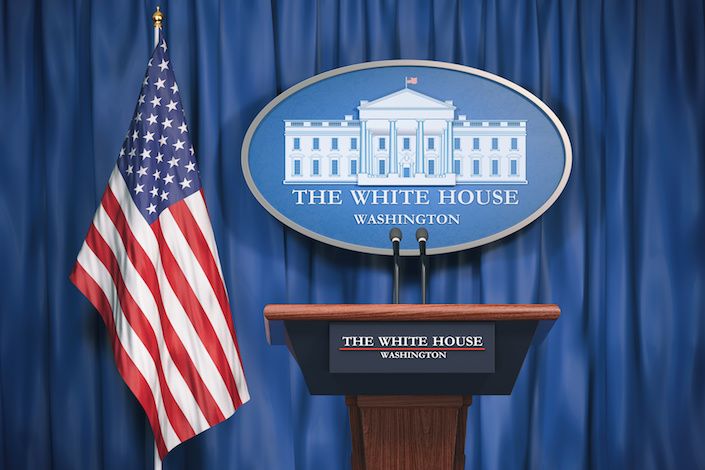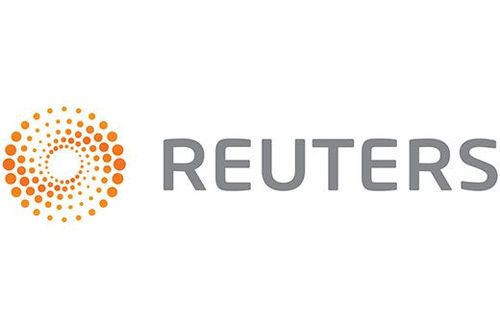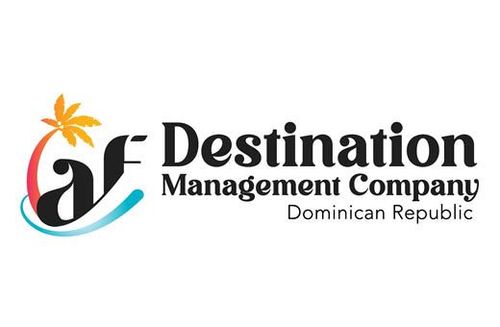Where travel agents earn, learn and save!
News / U.S. to lift curbs from November 8 for vaccinated foreign travelers - White House
The White House said it will lift COVID-19 travel restrictions for fully vaccinated foreign nationals effective November 8

The White House on Friday said it will lift COVID-19 travel restrictions for fully vaccinated foreign nationals effective November 8, ending historic restrictions that barred much of the world from the United States.
Restrictions on non-U.S. citizens were first imposed on air travelers from China in January 2020 by then-President Donald Trump and then extended to dozens of other countries, without any clear metrics for how and when to lift them.
Curbs on non-essential travelers at land borders with Mexico and Canada have been in place since March 2020 to address the COVID-19 pandemic.
Reuters first reported Friday's announcement of the November 8 starting date earlier in the day.
U.S. airline, hotel and cruise industry stocks rose on the news, including American Airlines (AAL.O), up 1.9%; Marriott International Inc (MAR.O), up 2.2%; and Carnival Corp (CCL.N), up 1.3%.
The United States had lagged many other countries in lifting such restrictions, and allies welcomed the move. The U.S. restrictions have barred travelers from most of the world, including tens of thousands of foreign nationals with relatives or business links in the United States.
The White House on Tuesday announced it would lift restrictions at its land borders and ferry crossings with Canada and Mexico for fully vaccinated foreign nationals in early November. They are similar but not identical to requirements announced last month for international air travelers.
Unvaccinated visitors will still be barred from entering the United States from Canada or Mexico at land borders.
Canada on August 9 began allowing fully vaccinated U.S. visitors for non-essential travel. Read more.
The Centers for Disease Control and Prevention (CDC) told Reuters last week the United States will accept the use by international visitors of COVID-19 vaccines authorized by U.S. regulators or the World Health Organization.
The White House, which held a meeting late Thursday to finalize the November 8 date, still faces some remaining questions, including how and what exemptions the Biden administration will grant to the vaccine requirements. Children under 18, for example, are largely expected to be exempt from the requirements, an official said.
U.S. Travel Association Chief Executive Roger Dow said in a statement that the November 8 date "is critically important for planning - for airlines, for travel-supported businesses, and for millions of travelers worldwide who will now advance plans to visit the United States once again."
The White House announced on September 20 that the United States would lift restrictions on air travelers from 33 countries in early November. It did not specify the date at the time.
Starting November 8, the United States will admit fully vaccinated foreign air travelers from the 26 so-called Schengen countries in Europe, including France, Germany, Italy, Spain, Switzerland and Greece, as well as Britain, Ireland, China, India, South Africa, Iran and Brazil. The unprecedented U.S. restrictions have barred non-U.S. citizens who were in those countries within the past 14 days.
The United States has allowed foreign air travelers from more than 150 countries throughout the pandemic, a policy that critics said made little sense because some countries with high COVID-19 rates were not on the restricted list, while some on the list had the pandemic more under control.
The White House said last month it would apply vaccine requirements to foreign nationals traveling from all other countries.
Non-U.S. air travelers will need to show proof of vaccination before boarding a flight, and will need to show proof of a recent negative COVID-19 test. Foreign visitors crossing a land border will not need to show proof of a recent negative COVID-19 test.
The new rules do not require foreign visitors or Americans entering the country to go into quarantine.
Americans traveling overseas must still show proof of a recent negative COVID-19, and unvaccinated Americans will face stricter COVID-19 testing requirements. They will also be subject to restrictions in the countries they plan to visit, which may include quarantines.
The CDC plans to soon issue new rules on contact tracing for international air travelers.









